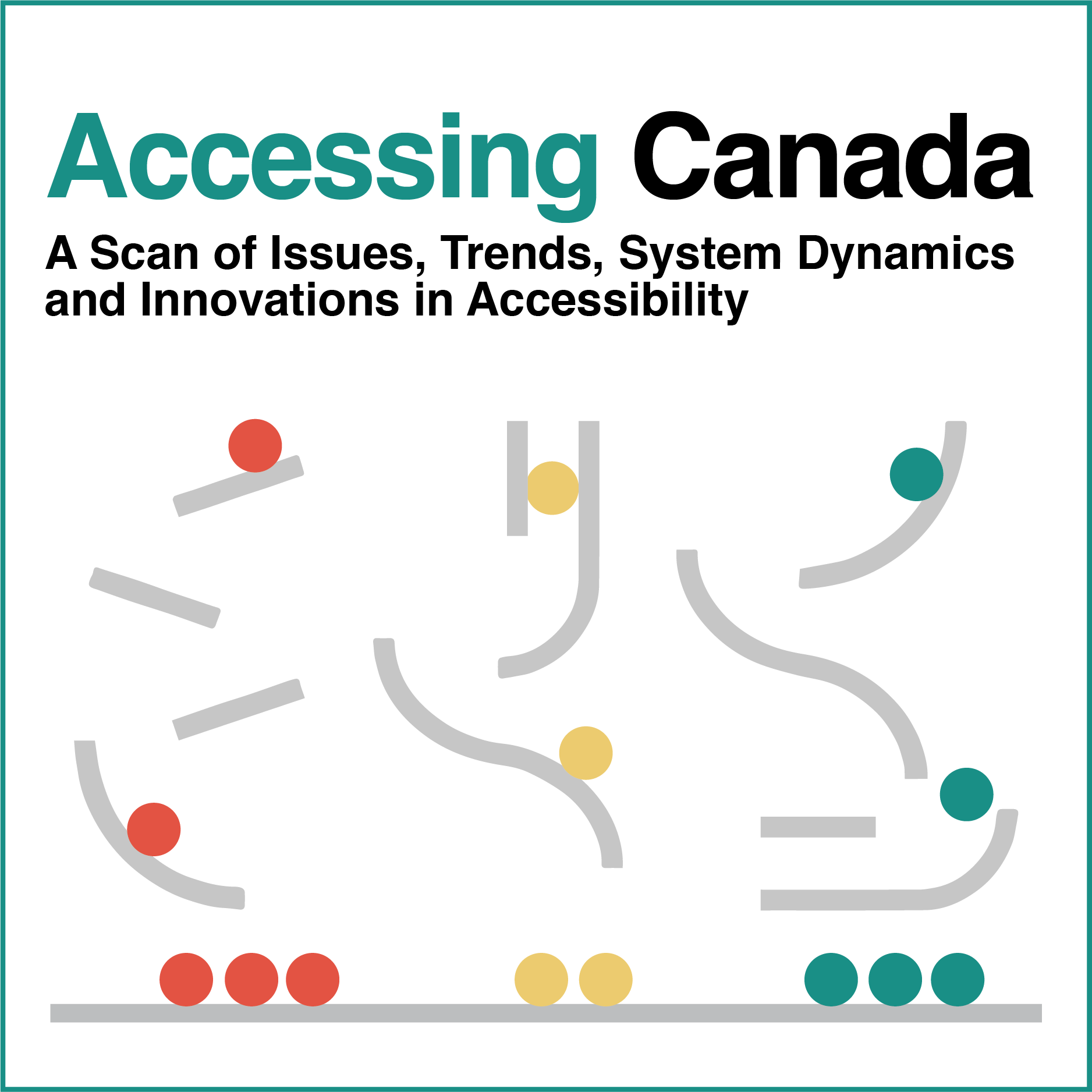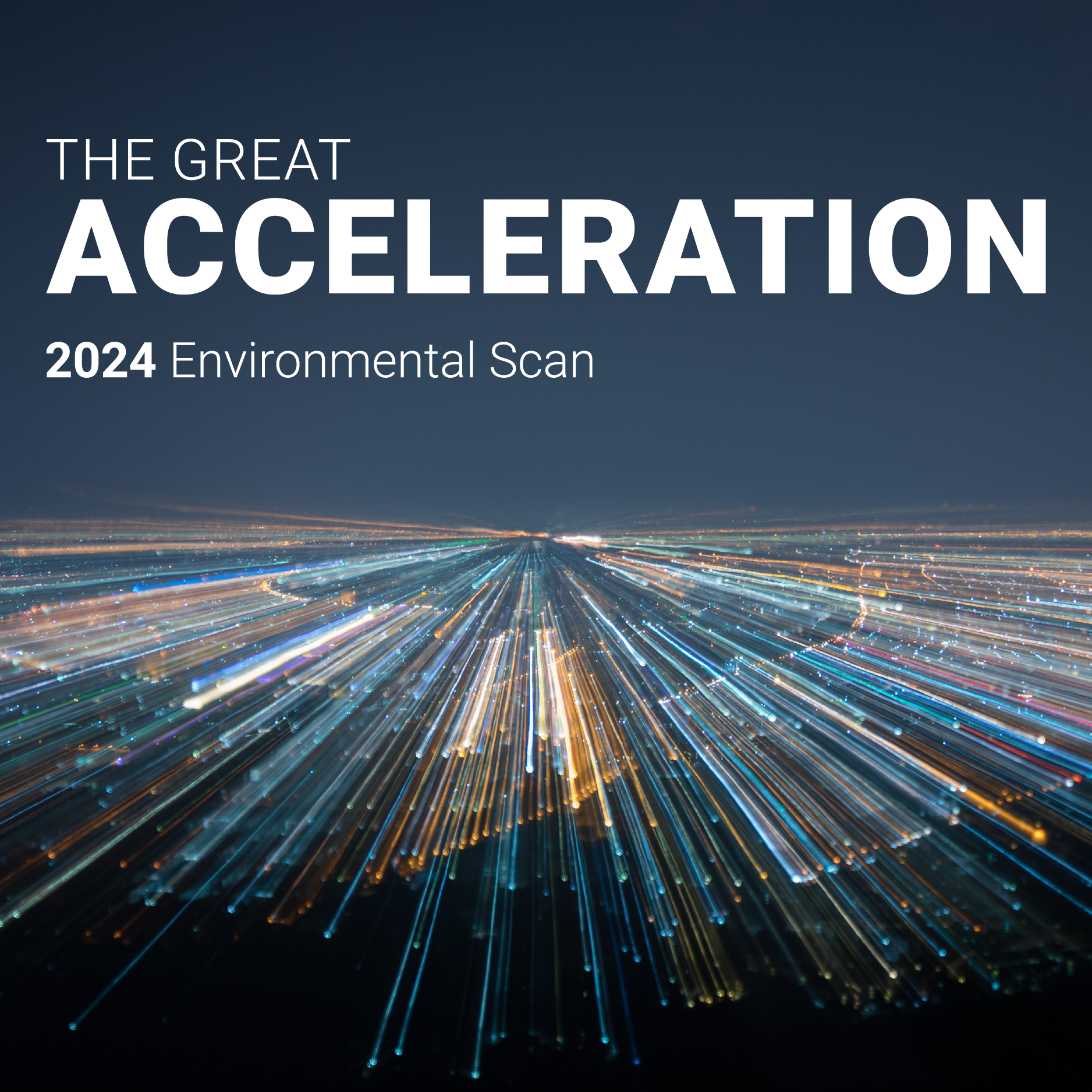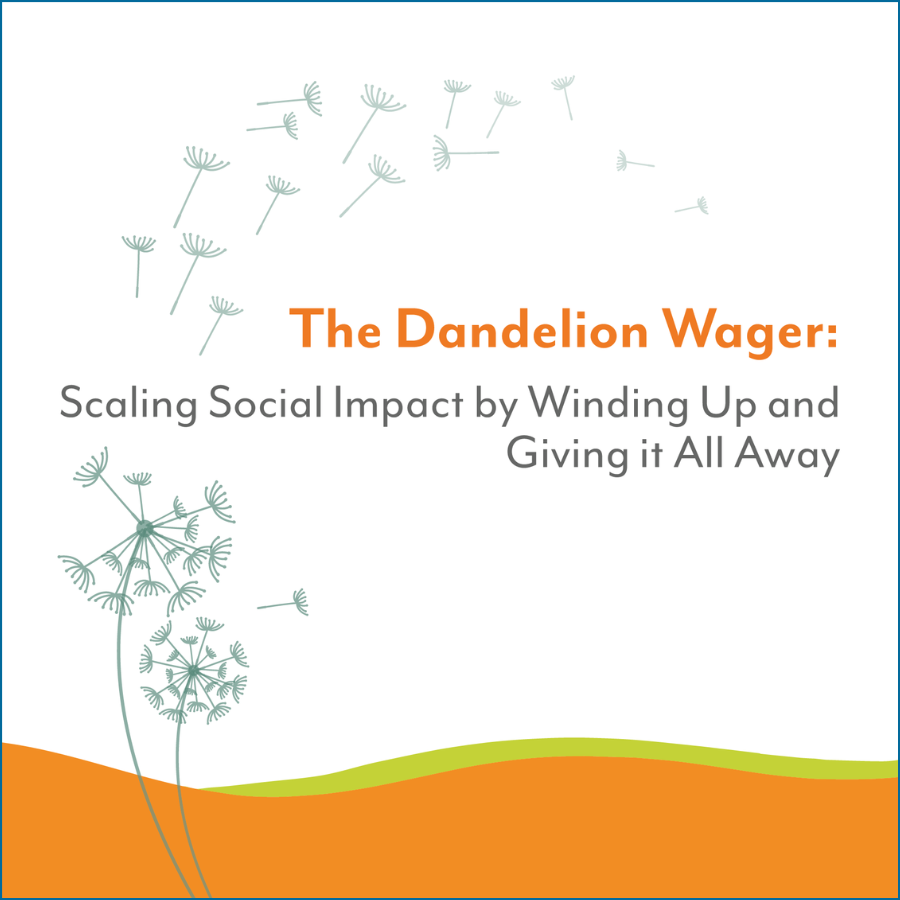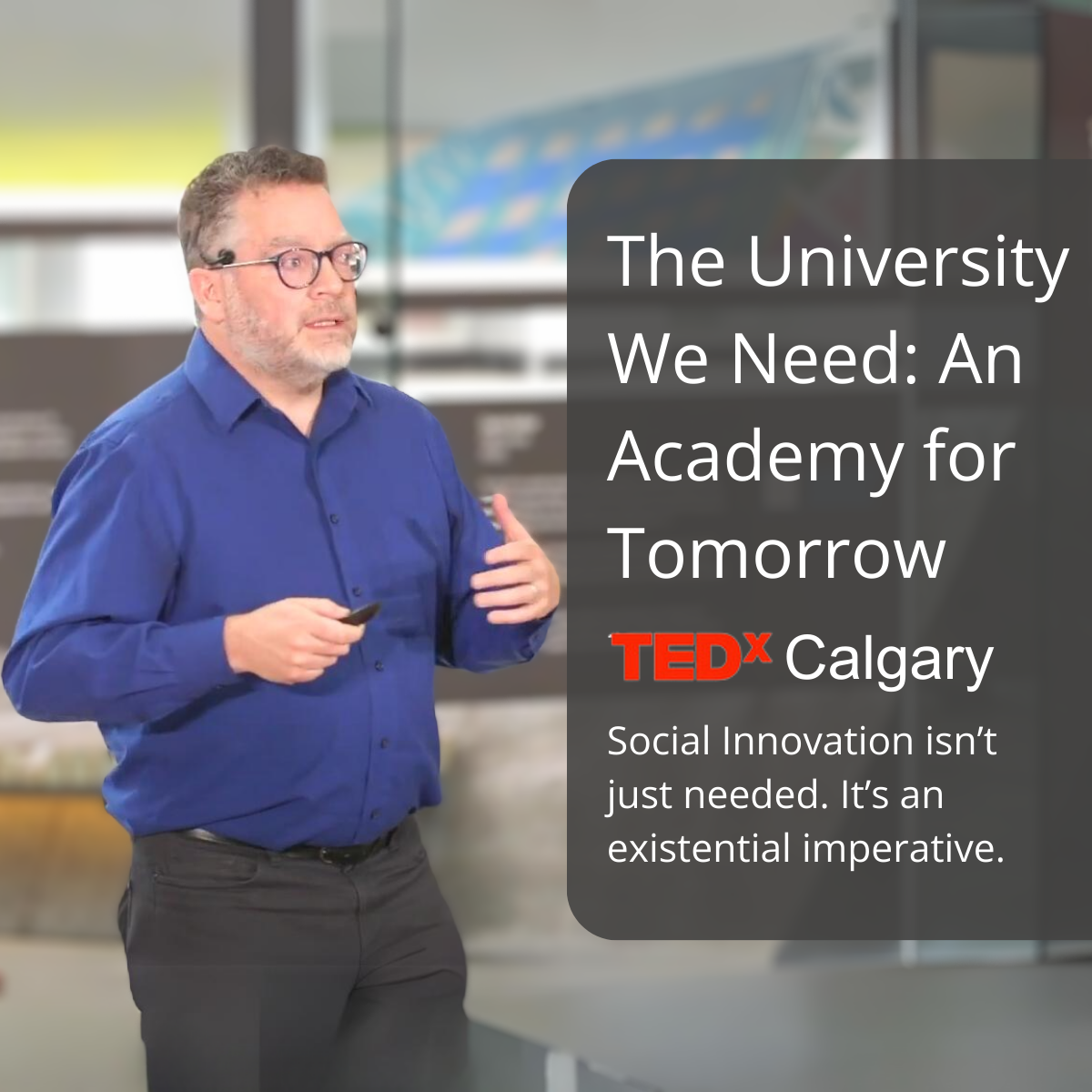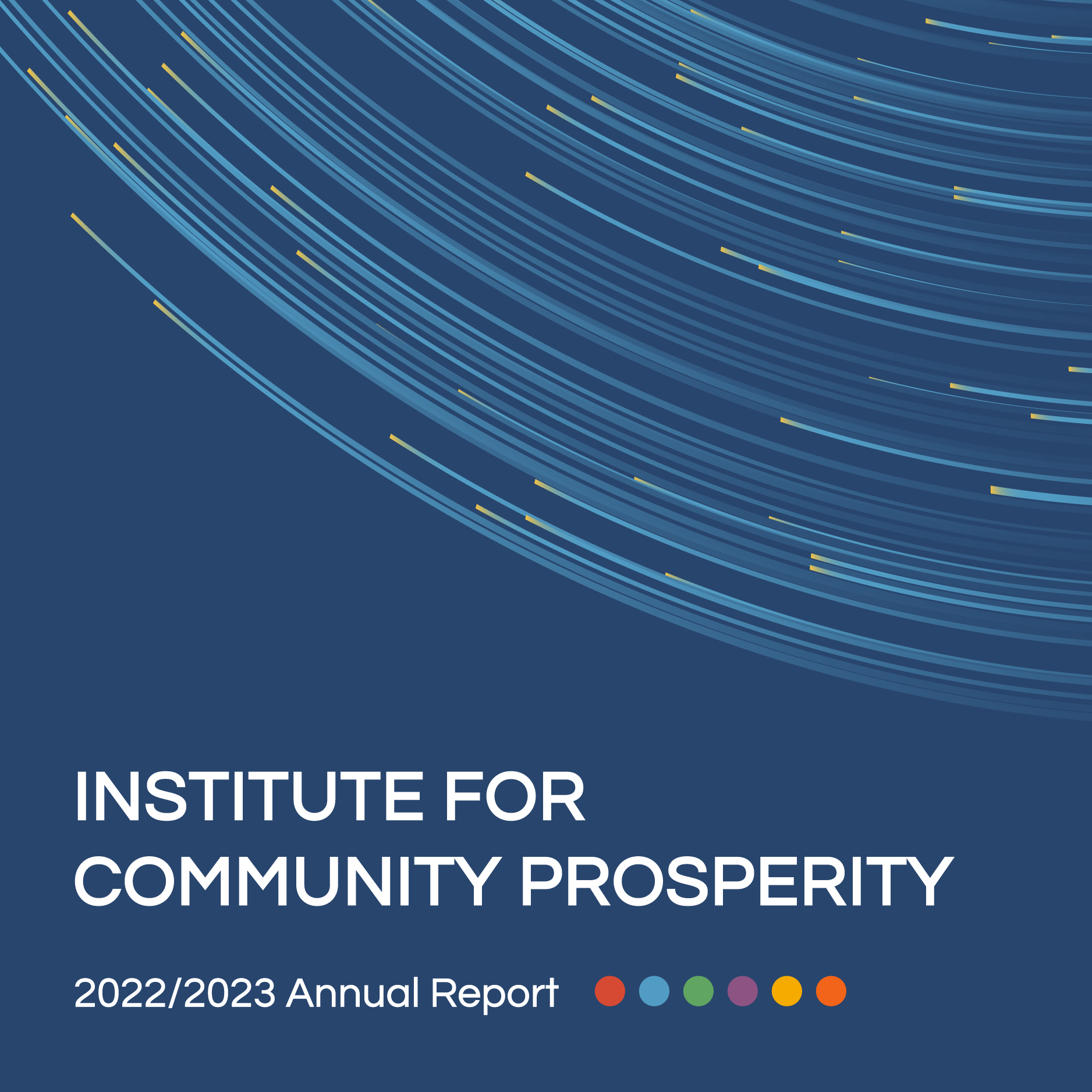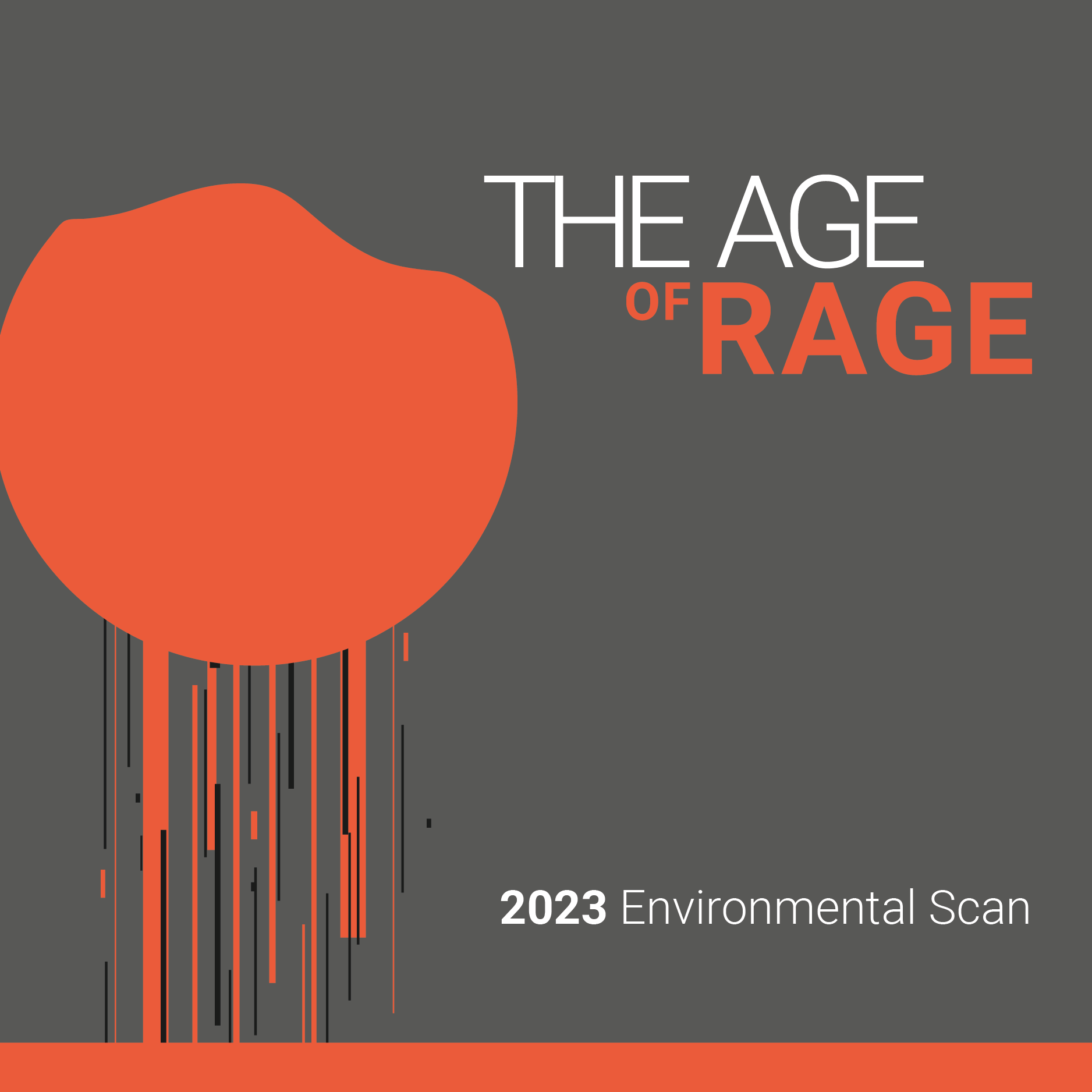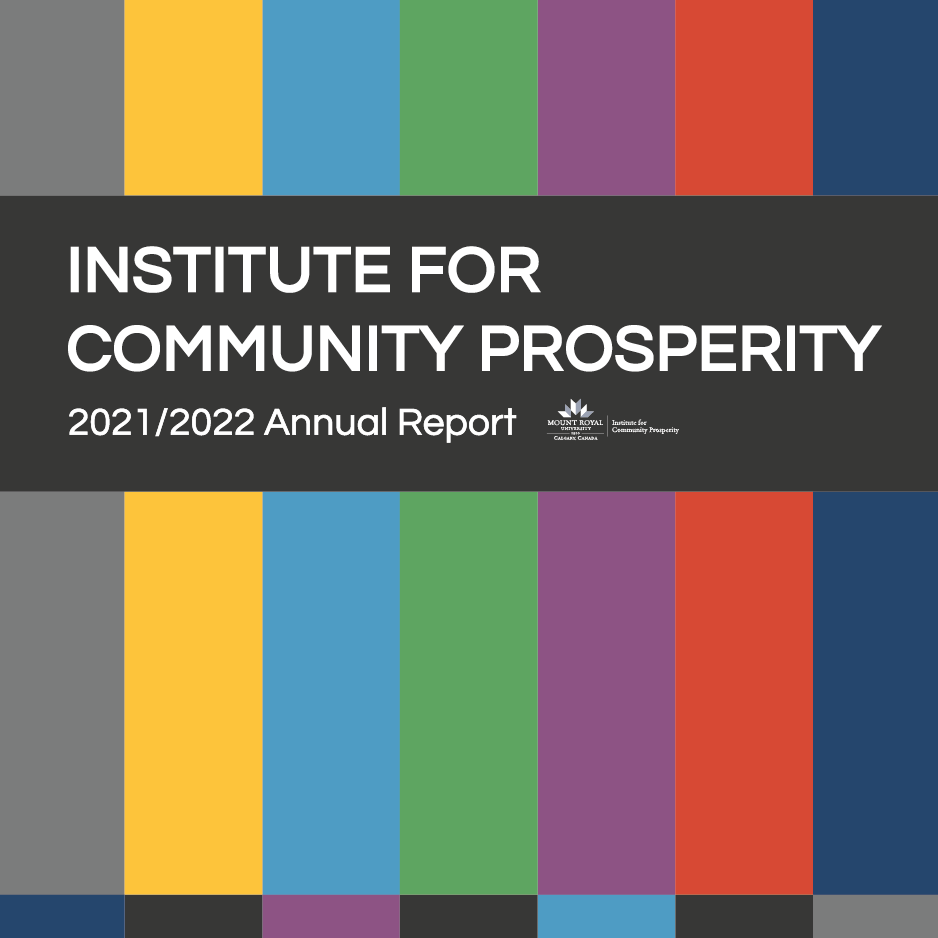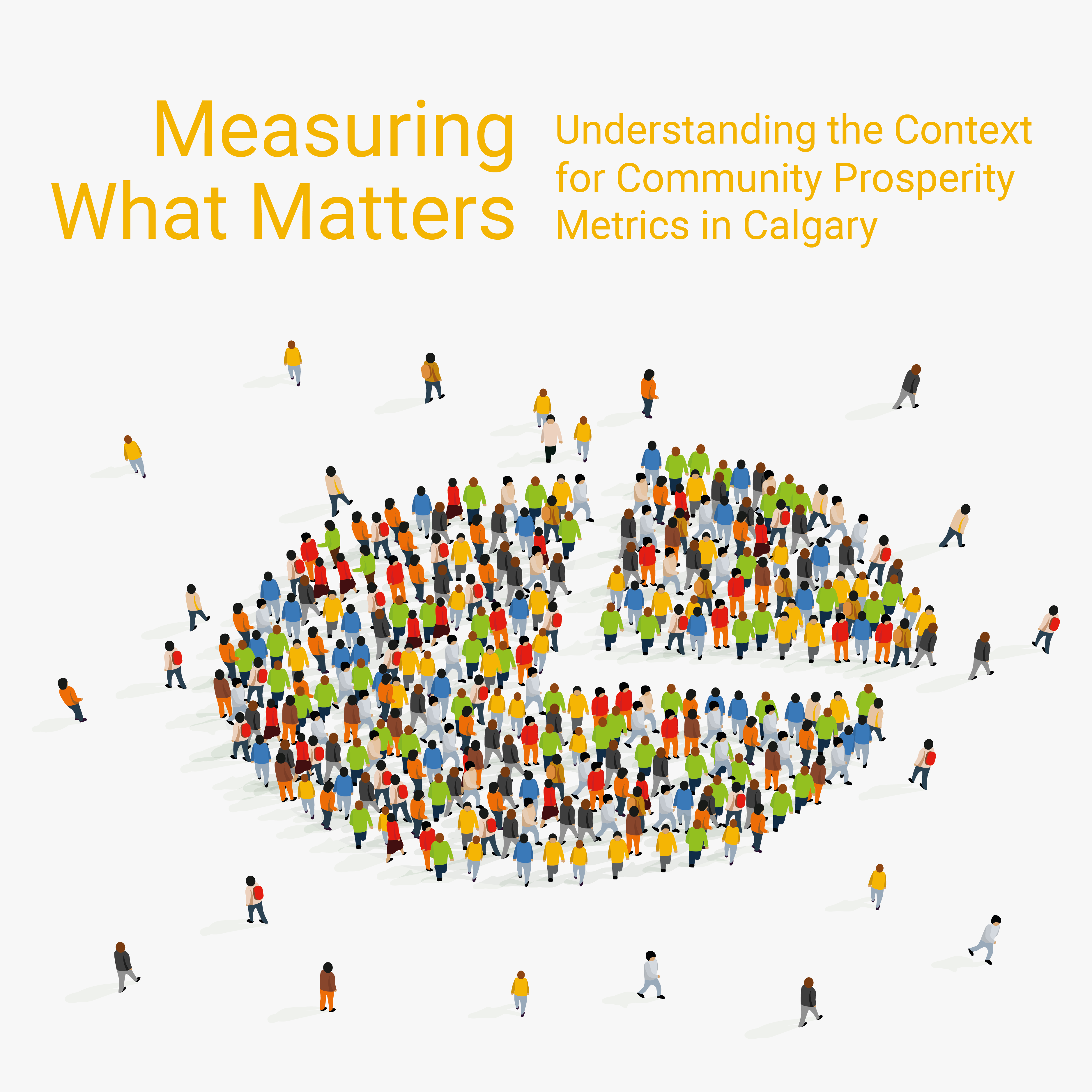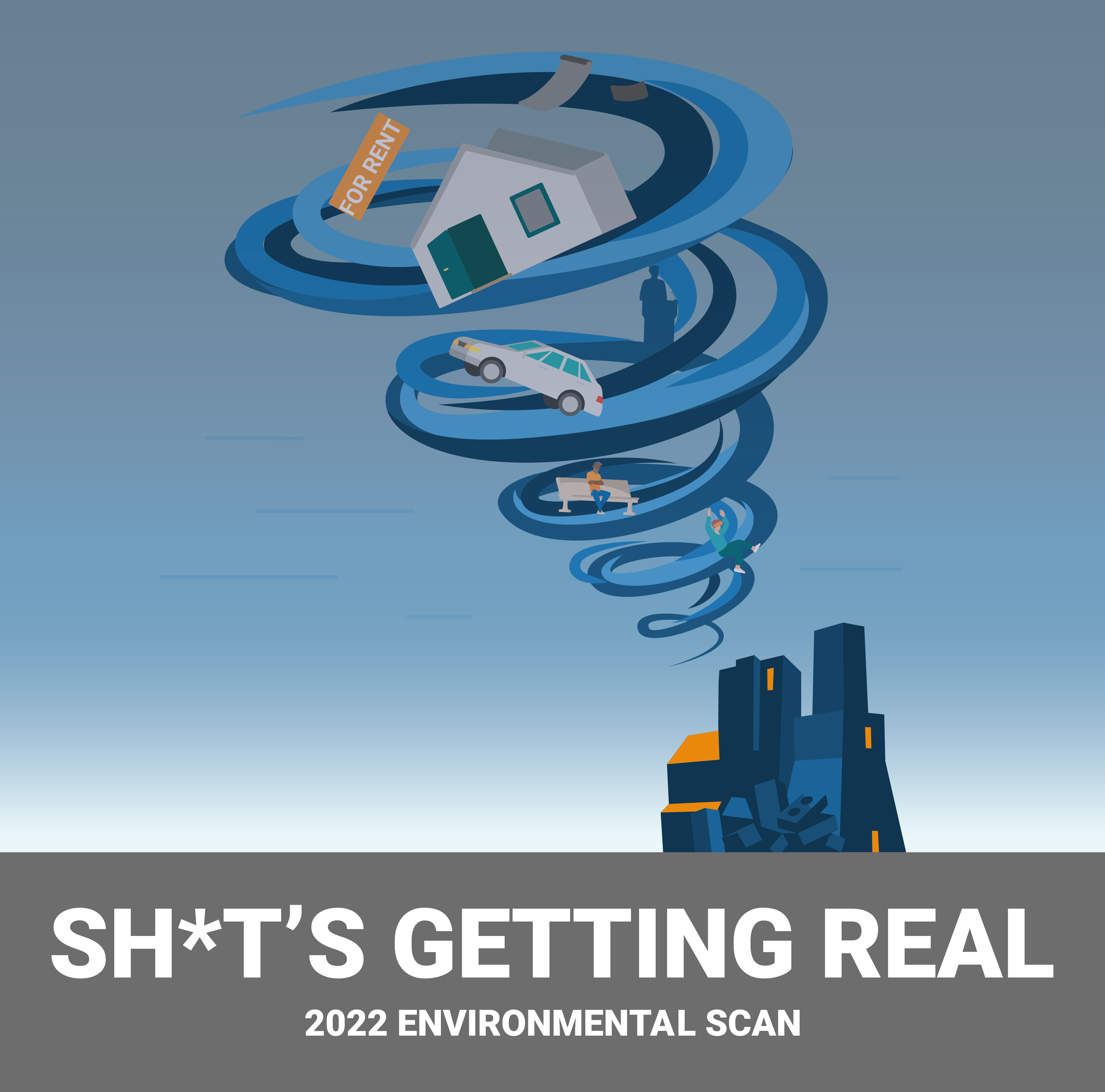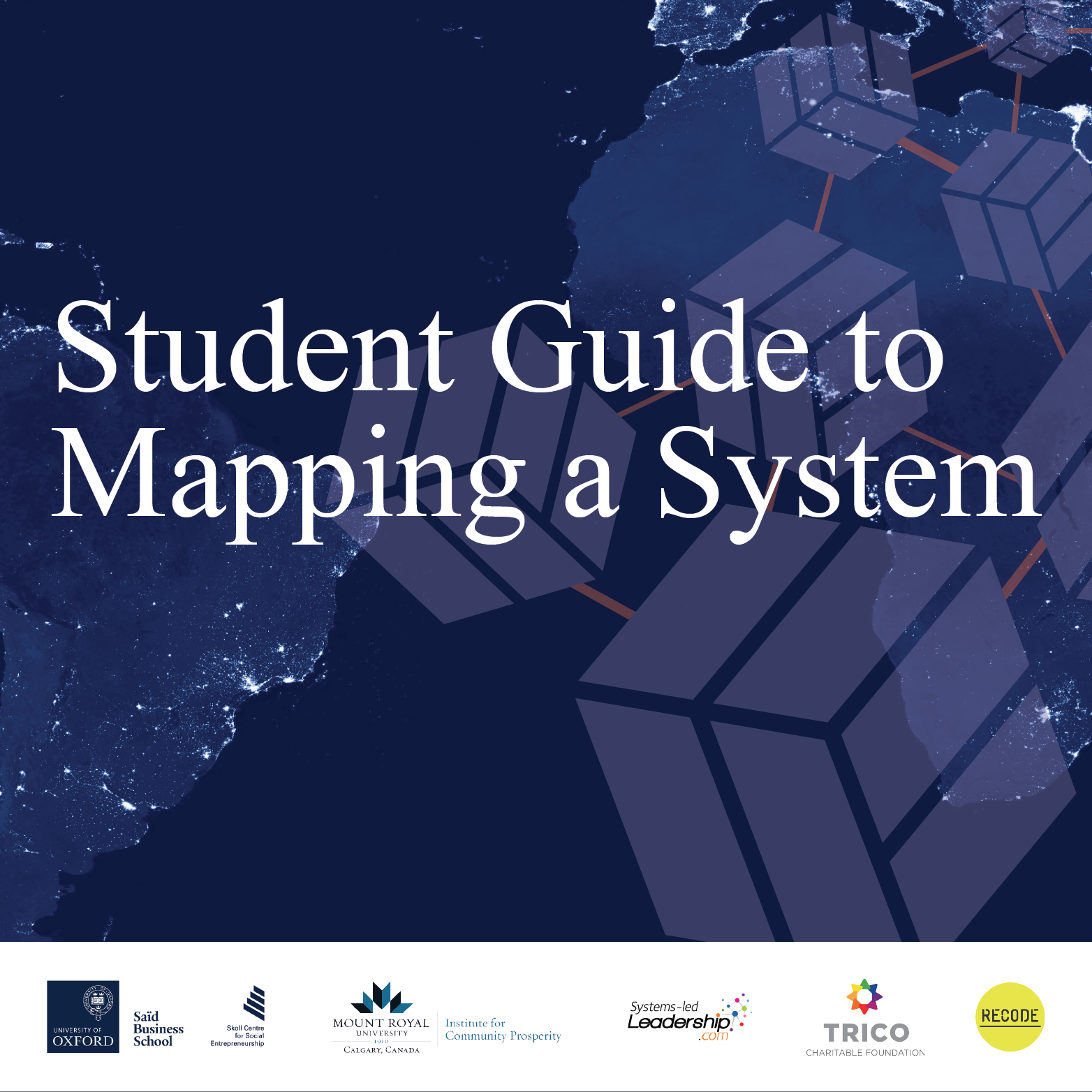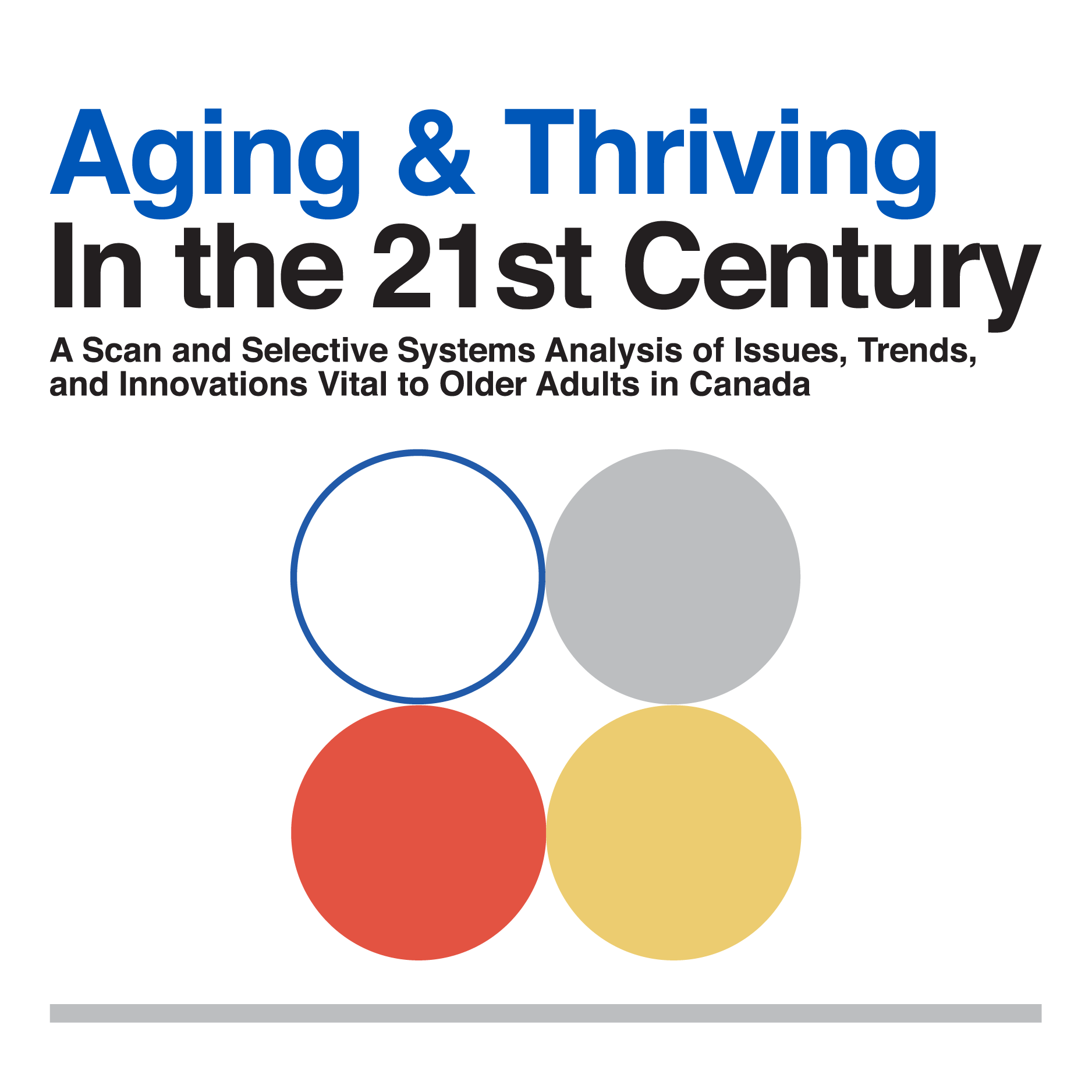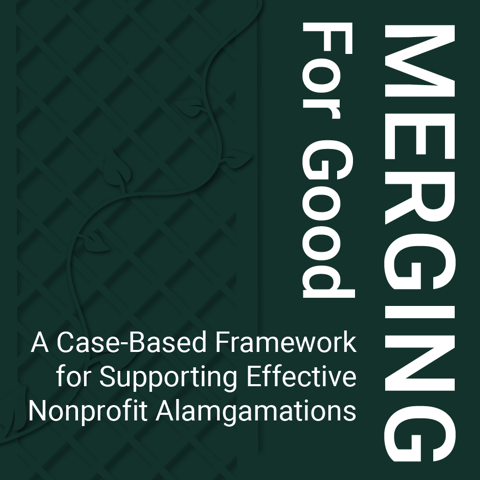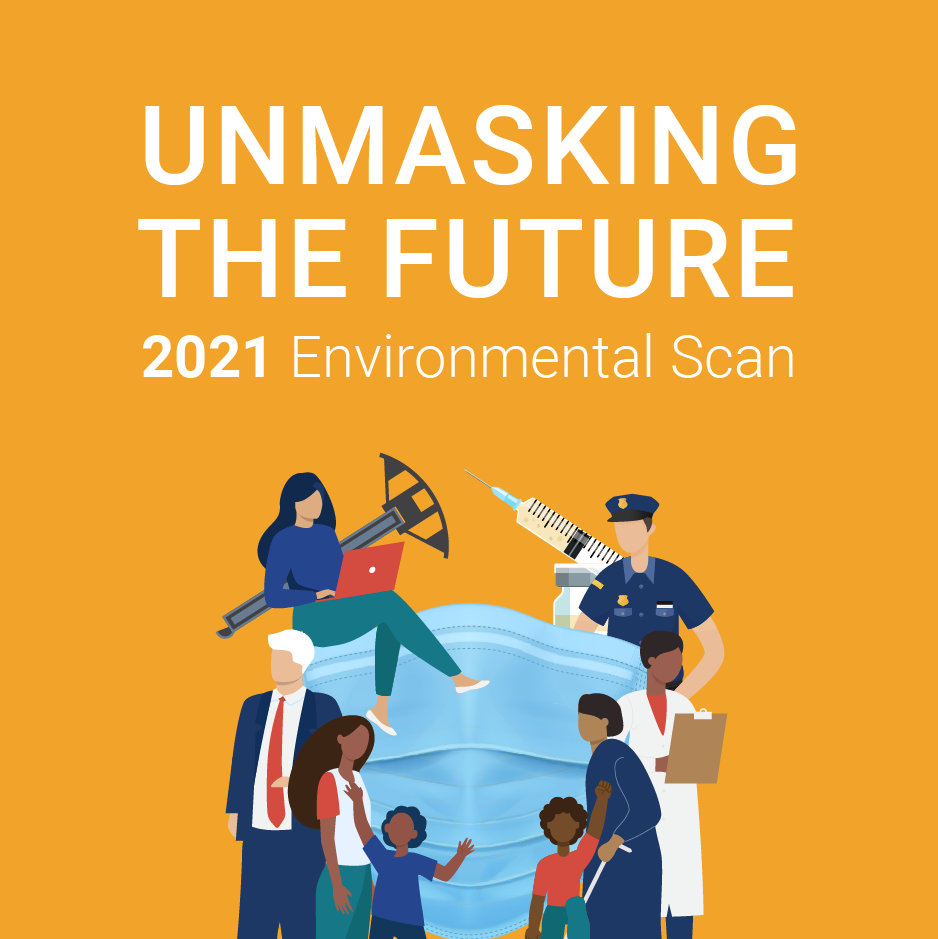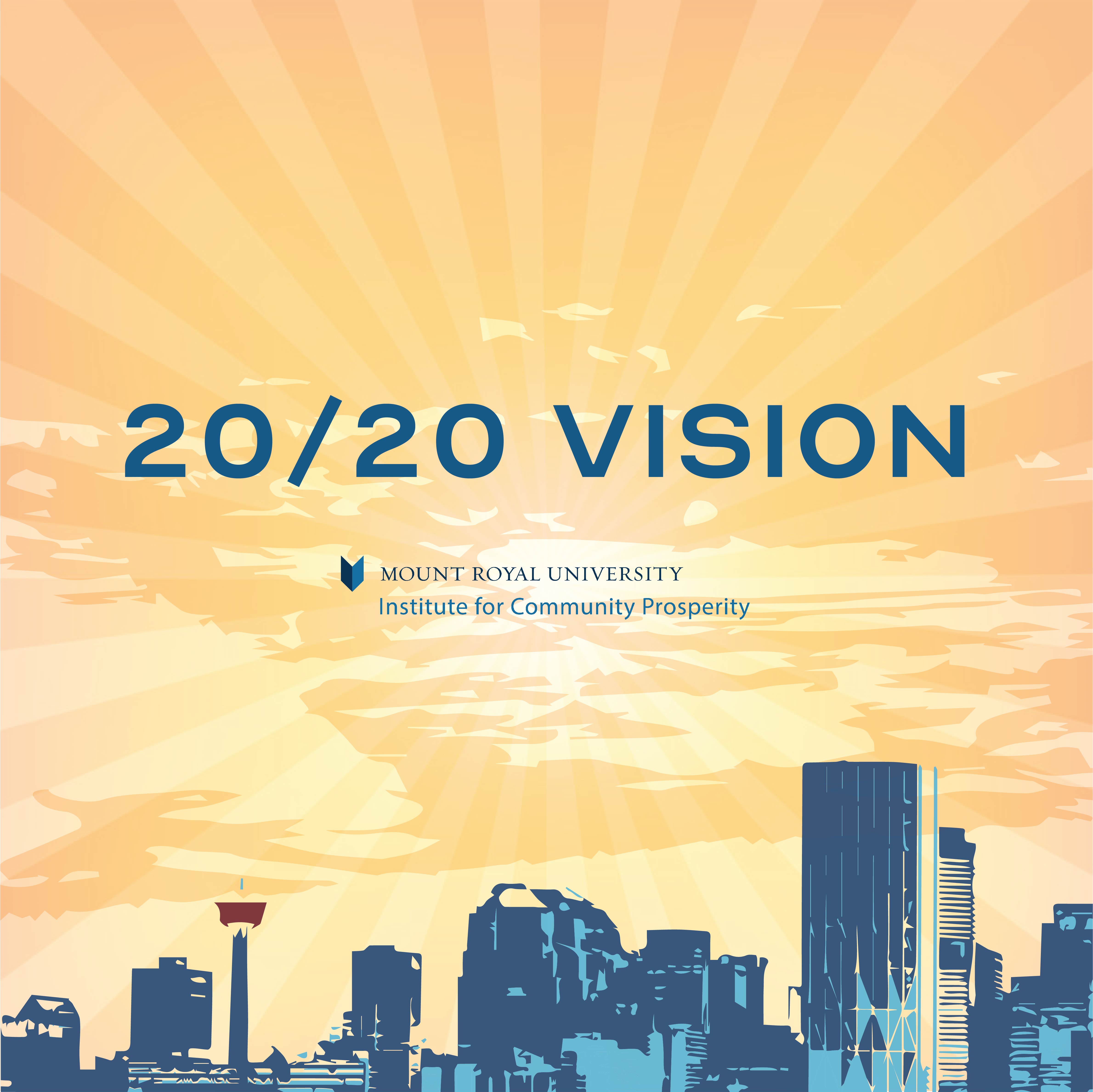Accessing Canada: A Scan of Issues, Trends, System Dynamics and Innovations in Accessibility
Authors: James Stauch and Cordelia Snowdon-Lawley (February, 2024)
Drawing on the best research, the lived experience of persons living with disability, and mobilizing our collective imaginations, we are thrilled to launch our systems snapshot of accessibility in partnership with ATCO. Accessing Canada is the latest in our work in field-scanning and trend-scanning, and seeks to mobilize knowledge from those working to enhance accessibility in many realms to inform a broad general audience.
The Great Acceleration: 2024 Environmental Scan
Authors: James Stauch (January, 2024)
Commissioned by the Calgary Foundation, this eighth annual scan charts socio-economic trends, issues, and developments at local, provincial, national and international scales. These scans are intended to not just be predictive about near future probabilities, but also to add context to current events, and to illuminate undercurrents and ‘sleeper’ issues in areas including: Climate, Economy, Education, Global Affairs, Food Security, Housing, Politics, Philanthropy, Technology, and Work.
The Dandelion Wager: Scaling Social Impact by Winding Up and Giving it All Away
Authors: James Stauch & Cordelia Snowdon-Lawley (November, 2023)
This report documents a bold strategy to broaden and deepen impact by closing down the very organization that had been leading the charge to have impact, in this case on the issue of early childhood literacy. Chronicling the dissolution of Calgary Reads, it shares insights into how a legacy might ‘live on’ in other forms and have the potential to paradoxically scale. It also includes a framework for nonprofit organizations, leaders, funders, capacity builders, and changemakers who are looking for innovative ways to scale impact.
The University We Need: An Academy for Tomorrow | TedXCalgary
Speaker: James Stauch (July, 2023)
Universal health care, public libraries, urban sanitation, etc. are examples of social innovation, once radical views that were transformed into impactful products, policies and processes existing today. Sadly, we often overlook its importance in society, especially in higher education.
This 14-minute TEDxCalgary by our executive director James Stauch explores the importance of this kind of innovation, emphasizing the urgent need to advance universities as engines of social change.
Author: James Stauch (September, 2023)
As we reflect on the events of 2023, one word encapsulates the essence of our journey: transformation. The tumultuous times of recent years have not only tested our resilience but also inspired us to reimagine the role of higher education and its potential to drive positive social change.
For this year’s Annual Report, we are describing our work on three thematic fronts, each one outlining a cluster of co-curricular undergraduate and community-partnered learning programs and ‘products’: learning in the service of understanding and provoking systems change, learning in the service of imagining and
building tomorrow's economy; and learning in the service of designing social purpose technology.
The Age of Rage: 2023 Environmental Scan
Author: James Stauch (2023)
Commissioned by the Calgary Foundation, this seventh annual scan looks at a wide range of contemporary and emerging issues, locally, provincially, nationally, and beyond, adding context to current events, and illuminating undercurrents and ‘sleeper’ trends. In addition to regular updates on economics, politics, civil society, climate change and technology, the 2023 Scan also looks at a number of topics not explored in previous scans, including shifting gender norms, biodiversity, literacy and the phenomenon of 'rage farming'.
Author: James Stauch (September, 2022)
The Institute for Community Prosperity seeks to embed collective social impact and innovation within post-secondary learning, and reciprocally to embed learning within community change. While the challenges we collectively face in The Long Emergency are immense, the opportunities to create new futures are equally abundant.
This year's annual report focuses on three thematic fronts, each one outlining a cluster of co-curricular undergraduate and community-partnered learning programs and ‘products': Learning in the service of building a wellbeing economy, learning in the service of designing social purpose tech, and learning in the service of provoking systems change.
Measuring What Matters: Understanding the Context for Community Prosperity Metrics in Calgary
Author: Marshal McCallum (April 2022)
This report, written by Marshal McCallum and David Finch, is an amalgam of a three-part applied academic series of papers exploring the importance of measuring community performance. It explores the context and rationale in Calgary for using community performance indicators, the dimensions of performance measurement and leading models for measuring community prosperity, and a process to better answer the question “How is Calgary really performing?”
Sh*t's Getting Real: 2022 Environmental Scan
Author: James Stauch (January 2022)
Commissioned by the Calgary Foundation, this sixth annual scan looks at a wide range of contemporary and emerging issues, locally, provincially, nationally, and beyond. From the metaverse, drugs, genetics, and the epidemic of loneliness, to Canada's affordable housing crisis and the 'Land Back' movement, among other topics.
Student Guide to Mapping a System - Fourth Edition
Authors: Anna Johnson, Daniela Papi-Thornton, & James Stauch (January, 2022)
This twelve- step Guide, designed for students participating in Map the System, a post-secondary global competition hosted by the Skoll Centre for Social Entrepreneurship at the Saïd Business School, University of Oxford, will help you (and your team, if you have one) walk through the process of mapping a system. This Guide will provide you with advice and additional tools for each step of the process, from picking a social or environmental challenge, to researching it and presenting your analysis and ideas.
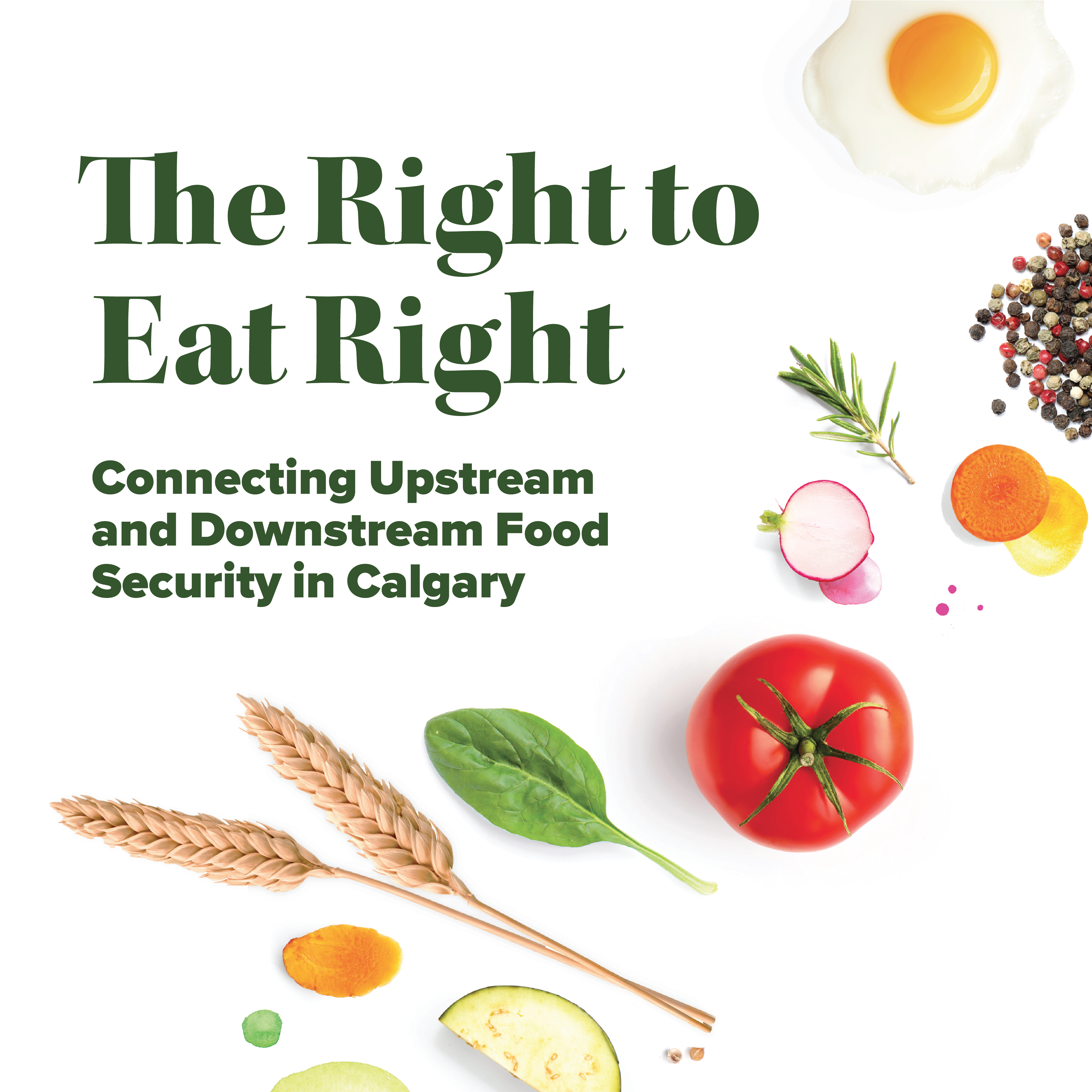 The Right to Eat Right: Connecting Upstream and Downstream Food Security in Calgary
The Right to Eat Right: Connecting Upstream and Downstream Food Security in Calgary
Authors: James Stauch & Cordelia Snowdon (December 2021)
The report documents the early stages of the YYC Local Food Distribution Hub development process, while also gathering and distilling relevant knowledge, particularly in a Calgary regional context. Among the key findings of The Right to Eat Right report are that food hubs run as purely charitable entities are rarely viable; there is a desire for a deeper connection between producers and food charities; perspectives on the role of food charity are diverse and often polarized; and time is critical – both timing to sync with agricultural production and time to allow trust and buy-in to develop.
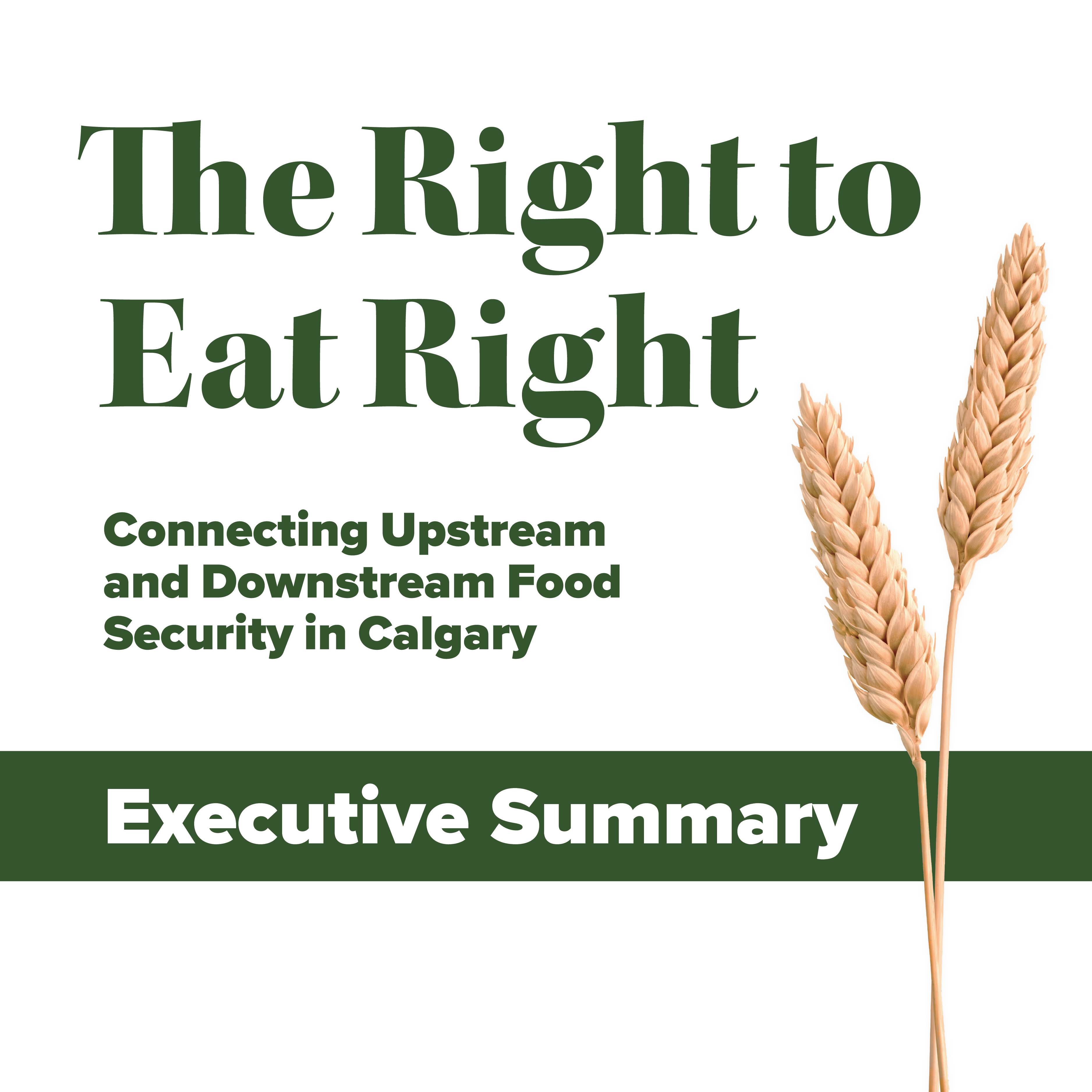 EXECUTIVE SUMMARY: The Right to Eat Right: Connecting Upstream and Downstream Food Security in Calgary
EXECUTIVE SUMMARY: The Right to Eat Right: Connecting Upstream and Downstream Food Security in Calgary
Authors: James Stauch & Cordelia Snowdon (December, 2021)
This executive summary provides a brief overview of the larger report documenting the early stages of the YYC Local Food Distribution Hub development process, while also gathering and distilling relevant knowledge, particularly in a Calgary regional context.
Author: James Stauch (November, 2021)
Aging & Thriving in the 21st Century is a scan of issues, trends, system dynamics and innovations related to an ageing population in Canada. It is guided principally by the following question: What factors are preventing older Canadians from flourishing, and how might we transform systems to maximize the choice, dignity, mobility, security, and trust accompanying an aging population transitioning into less autonomous living circumstances?
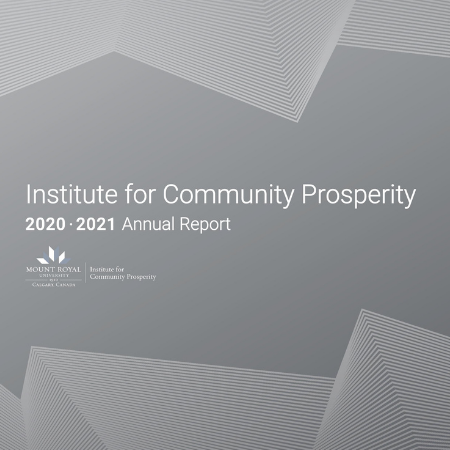 Institute for Community Prosperity 2020-2021 Annual Report
Institute for Community Prosperity 2020-2021 Annual Report
Author: James Stauch (September, 2021)
This past year has been one of immense challenge and resilience in the face of change. The season of annual reports is one of reflection, and as we pause to look back, we see many difficulties but also acknowledge all that we have accomplished.
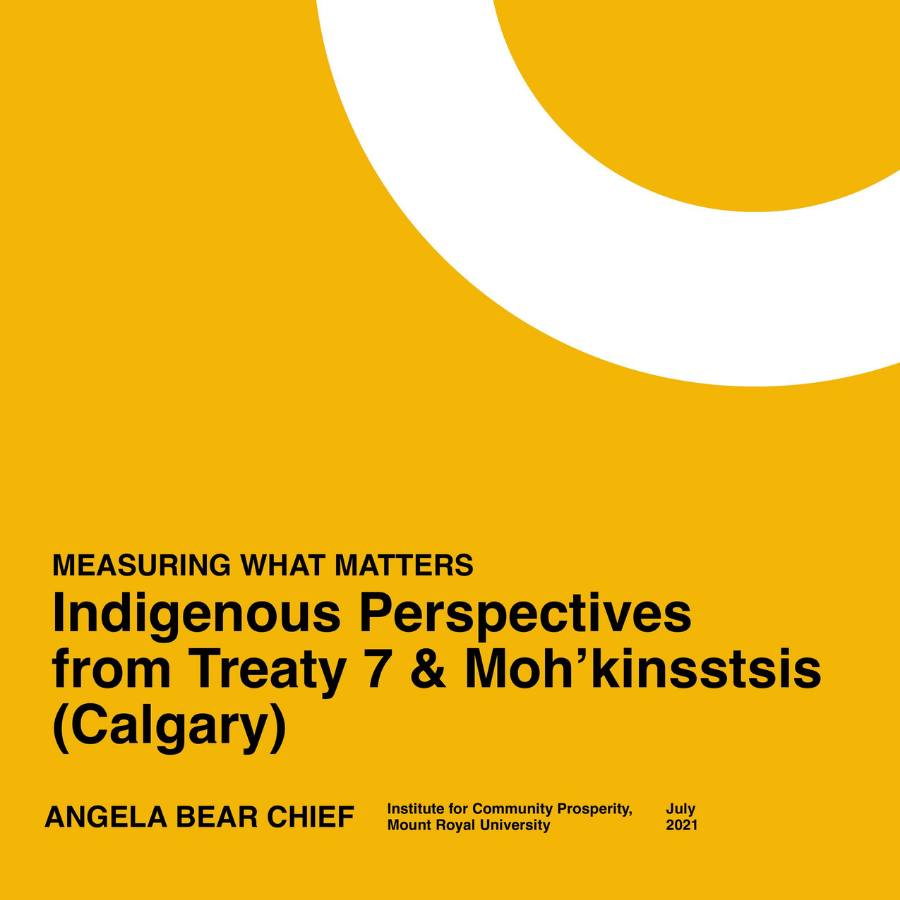 Measuring what Matters: Indigenous Perspectives from Treaty 7 & Moh’kinsstsis
Measuring what Matters: Indigenous Perspectives from Treaty 7 & Moh’kinsstsis
Author: Angela Bear Chief (July, 2021)
This paper outlines important considerations for including Indigenous voices meaningfully in measuring what matters, probes the kinds of measures and broader practices worth considering, and explores some of the existing efforts already underway locally, nationally and internationally, from which we might draw inspiration or learning. In compiling this report, Angela reached out to Indigenous organizations and knowledge keepers, including but not limited to Indigenous members of Treaty 7 Nations, to deepen our shared understanding.
Merging for Good: A Case-Based Framework for Supporting Effective Nonprofit Amalgamations
Authors: James Stauch & Cordelia Snowdon (March, 2021)
This report provides a framework for nonprofit organizations that may be considering embarking on a merger, or a similar form of amalgamation or consolidation. It is also for funders - government, foundations, corporate or individual donors - and other sector ‘capacity builders’ interested in supporting or advising on mergers and amalgamations, and the framework captures and builds on learning and insights from the merger of two well-known nonprofit human services organizations in Calgary into a new organization, the Trellis Society for Community Impact, or simply "Trellis".
Printer friendly version available HERE.
Unmasking the Future: 2021 Environmental Scan
Author: James Stauch (January, 2021)
Commissioned by the Calgary Foundation, the scan looks at a wide range of contemporary and emerging issues, locally, provincially, nationally, and beyond. From long-term care, universal child care, and the feminization of economics to electric vehicles, the changing nature of the workplace, and what a post-carbon Alberta might look like.
Why Calgary?: Exploring the Reputation-Reality Gap
Authors: David J. Finch, Kennedy Lukey, & AnneMarie Dorland (2021)
In this Why Calgary discussion paper, we dig deeper into the question of city identity, brand and reputation and their influence on young mobile talent attraction and retention. What can be done to close the reputation – reality gap facing our city? To bridge the reputation-reality gap, we propose a series of recommendations designed to inspire debate and creative solutions.
20/20 Vision: Twenty Conversations with Twenty-Somethings about Calgary
Author: Coleson Proudfoot, Ashleigh Metcs, James Stauch, & Julia Kaiser (2021)
How might Calgary adapt and evolve to become a place that twenty-somethings can see themselves living and thriving in, well into the future? Too often, the voice of youth and post-secondary students are not included in discussions on what the road ahead looks like for our city. 20/20 Vision takes a deeper dive into the perspectives of students and graduates. We spoke with 20 people in their 20s, and their perspectives are rich with insights about what's working, what's not, and what needs to change.
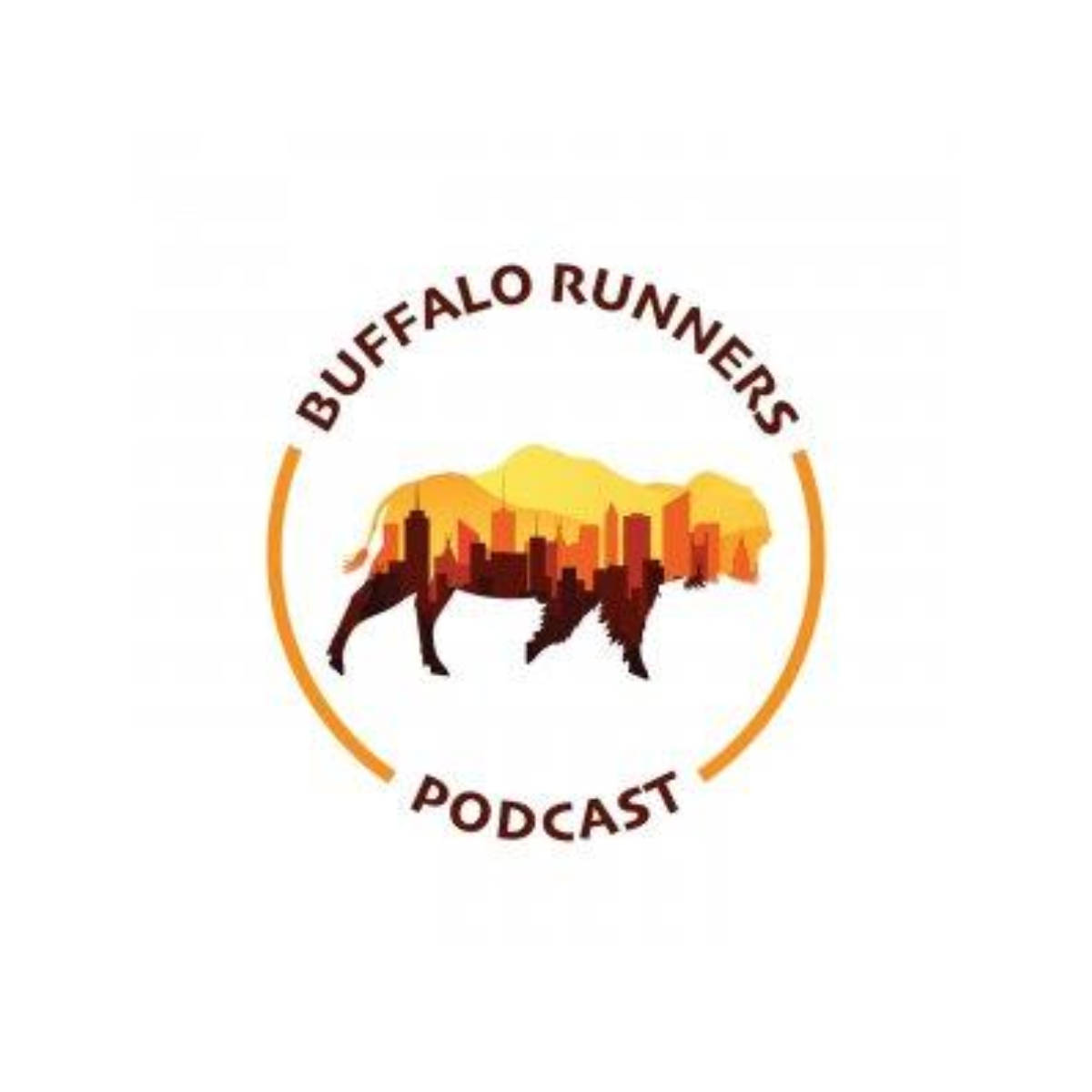 The Buffalo Runners Podcast: Episode One - Let's Get Started
The Buffalo Runners Podcast: Episode One - Let's Get Started
By Latasha Calf Robe, 2020. Calgary, Alberta.
Latasha Calf Robe hosts this new podcast series with Indigenous changemakers from Treaty 7. Tune in as she dives into the stories of social entrepreneurs, activists and informal community leaders. Drawing insights, inspiration and ideas, Latasha unpacks why and how these leaders pursued the path they did so that MRU students and others may be able to learn from their experience.
In the Buffalo Runners metaphor, “Buffalo” refers both to learning and prosperity, whereas “Runners” refers to changemaking and action.
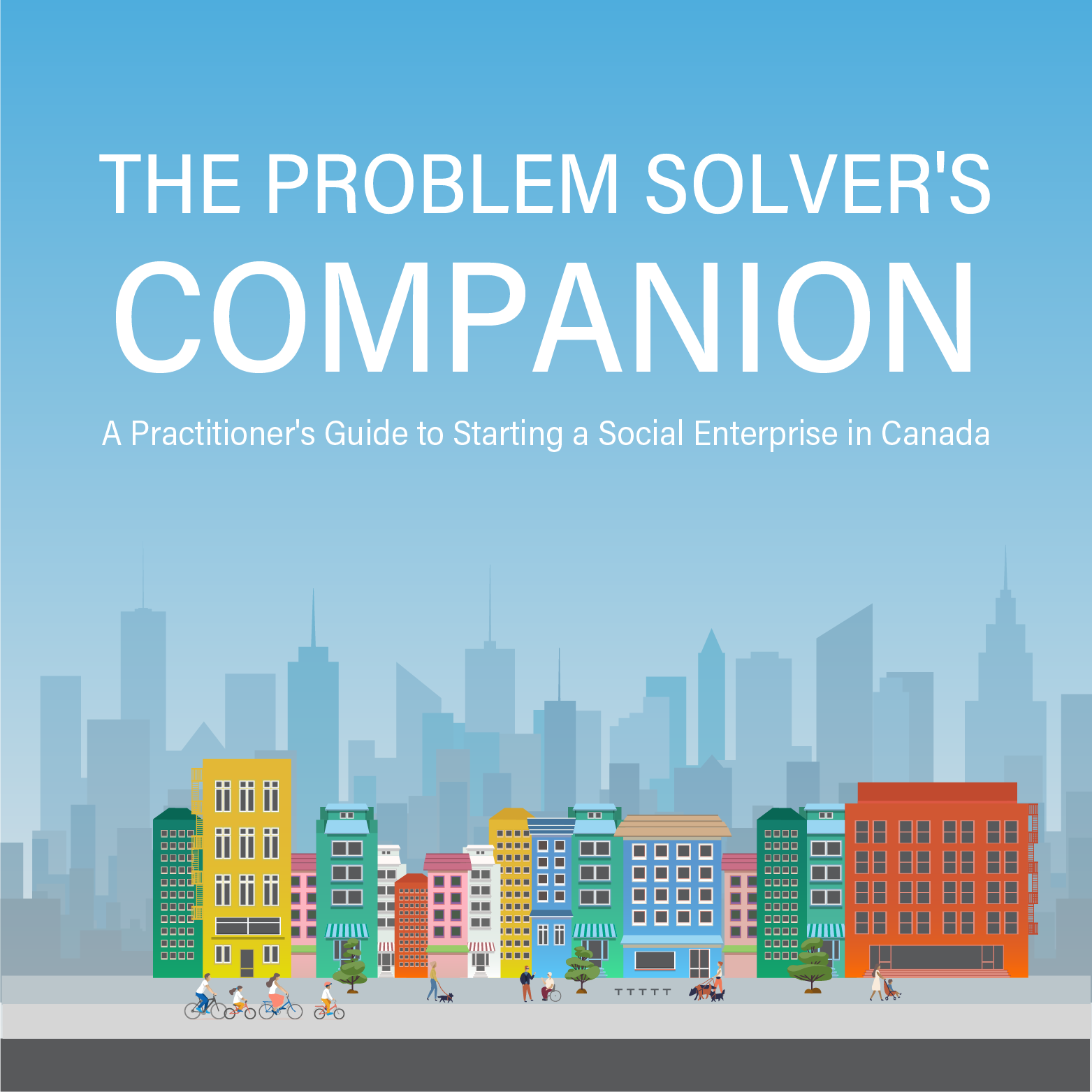 The Problem Solver’s Companion: A Practitioner’s Guide to Starting a Social Enterprise in Canada
The Problem Solver’s Companion: A Practitioner’s Guide to Starting a Social Enterprise in Canada
Author: Shaun Loney (June 2019)
This Companion is for changemakers, practitioners, students and anyone interested in “social enterprise.” Channeling the voice and lived experience of social entrepreneur and Ashoka Fellow Shaun Loney, this is meant to serve as a approachable, easy-to-read handbook to accompany one’s social enterprise journey, which is not a linear series of “steps,” but rather a pattern of loops and slopes, with no clear beginning or end point. The Companion offers many tips and lessons from the field, and at many scales, from the mindset and motivations of the individual to the entire system one may be trying to shift. It contains links to many helpful resources as well as examples of social enterprises from coast to coast to coast. The Companion is co-produced with the Institute for Community Prosperity and Encompass Co-op.



